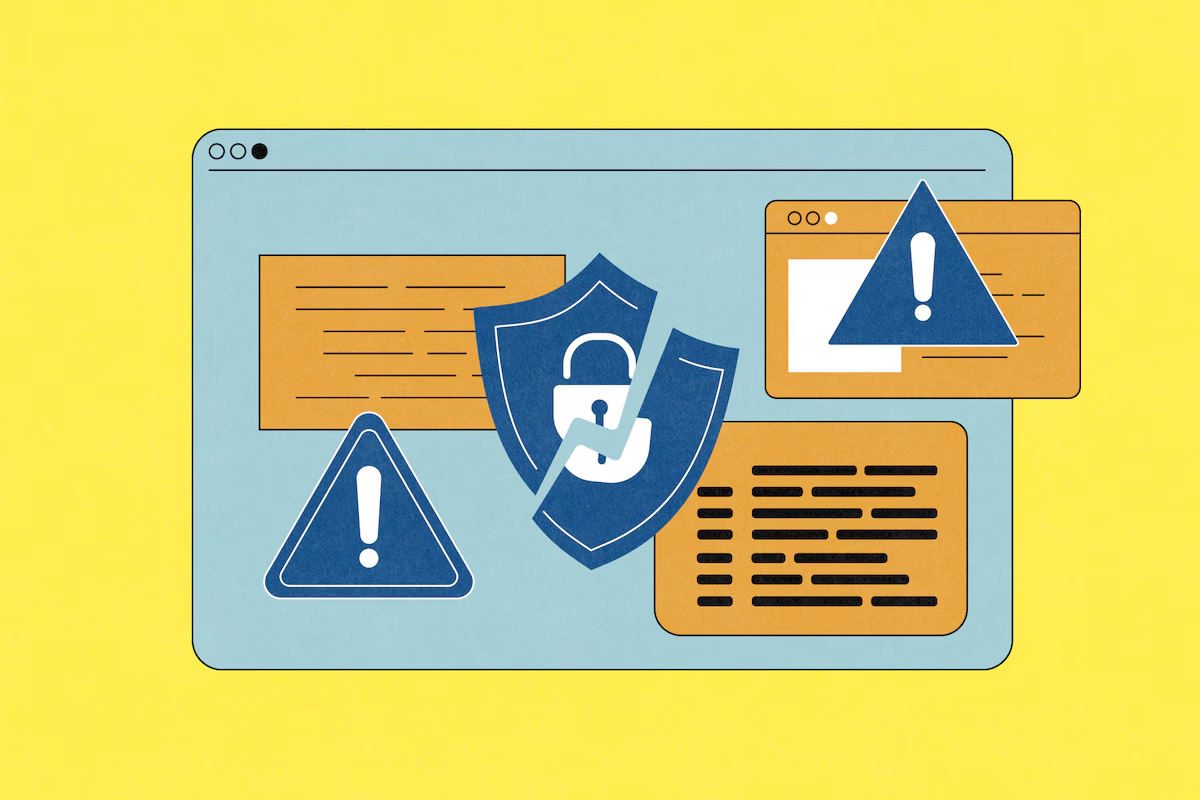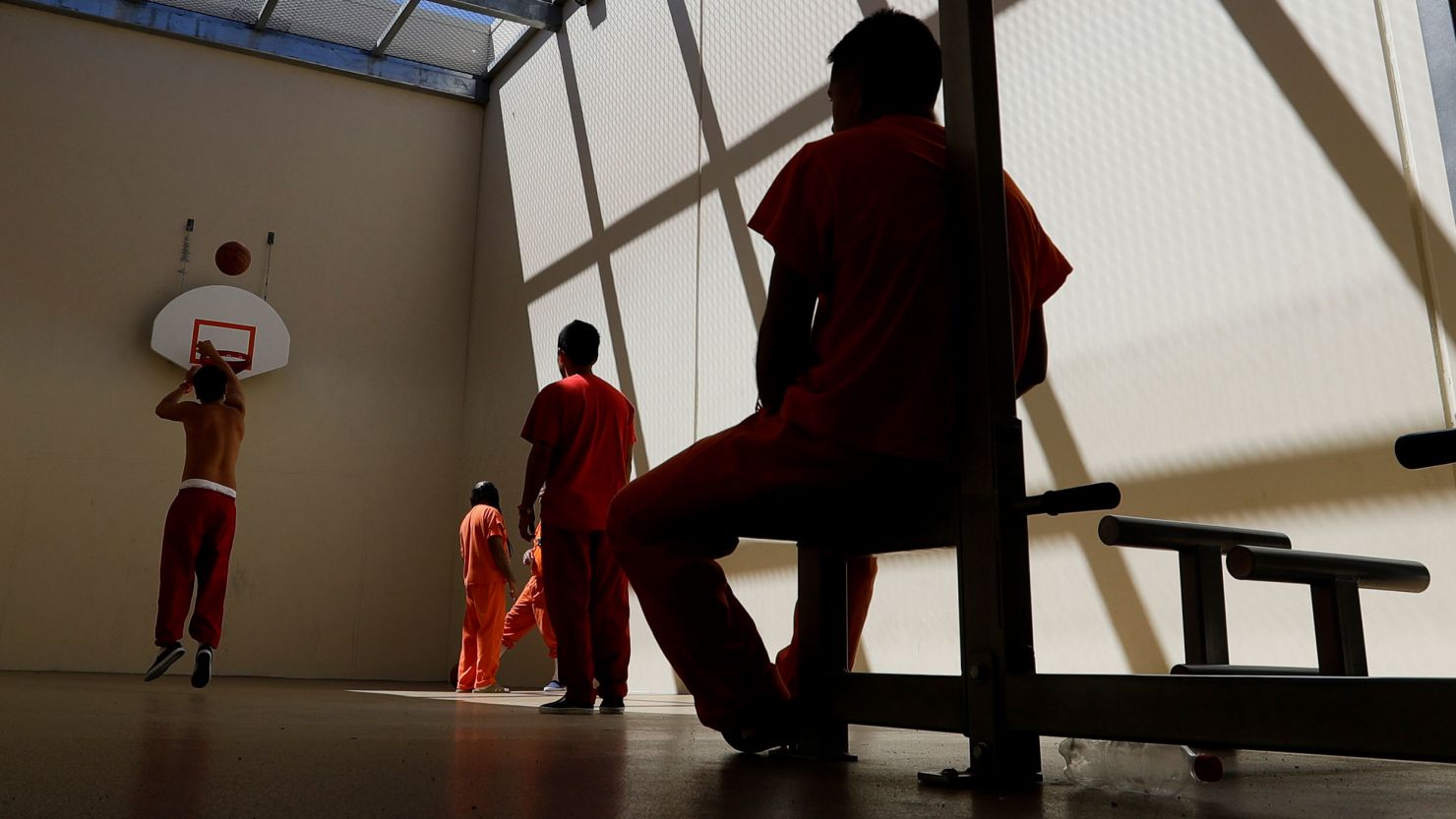The recent revelation that the Trump administration transferred sensitive Medicaid data of millions of individuals to deportation authorities is a shocking violation of privacy and trust. According to reports, California Attorney General Rob Bonta has filed a lawsuit against the administration, highlighting that this egregious act not only breaches federal privacy laws but also endangers the lives of countless noncitizens who rely on these health services.
Massive Data Breach Exposes Vulnerable Communities
The dataset leaked includes private health information—names, addresses, social security numbers, immigration status, and claims data—of enrollees in states like California, Illinois, and Washington, D.C., all of which allow non-U.S. citizens to access Medicaid using only state funds. This unprecedented data sharing aligns with the Trump administration"s ongoing strategy to intensify immigration enforcement, effectively weaponizing health data against immigrant communities. The potential consequences are dire, as many may choose not to seek essential medical care out of fear of deportation.
Legal Violations Highlighted by Experts
California’s AG Bonta stated, "This is about flouting seven decades of federal law policy and practice that have made it clear that personal healthcare data is confidential." This sentiment echoes broader concerns among human rights advocates who view the data transfer as a blatant violation of the Health Insurance Portability and Accountability Act (HIPAA) and other protective laws. As reported by CBC News, the legal framework protecting patient information is designed to ensure that healthcare is accessible and confidential, particularly for marginalized groups.
\n\n
Is the Change Healthcare data breach letter real? Here"s what ...
Impact on Public Health and Safety Net Services
The implications of this data breach extend beyond legal ramifications; they threaten the stability of public health initiatives and safety net services that many immigrant families depend on. The fear generated by such governmental overreach could deter individuals from enrolling in Medicaid, even when they are eligible for emergency services. As highlighted by Bonta’s lawsuit, this situation creates a chilling effect that may lead to increased health disparities among already vulnerable populations.
Systemic Patterns of Data Sharing for Deportation
This troubling trend is not isolated. The Trump administration has been systematically dismantling protections for immigrants, as evidenced by previous actions like the IRS data sharing with Immigration and Customs Enforcement (ICE). Legal challenges against such measures have arisen, but the continuous erosion of privacy and human rights remains a pressing concern. The Department of Homeland Security’s increased reliance on data from various federal agencies—including the Centers for Medicare and Medicaid Services—signals a dangerous precedent where health information could be routinely exploited for enforcement purposes.
\n\n
ICE detention and coronavirus: Doctors warn Congress | CNN
Coalition of States Pushes Back Against Federal Overreach
The coalition of 20 states joining California in this lawsuit represents a broader resistance against federal overreach in immigration enforcement. Lawmakers from both the House and Senate have expressed their outrage, demanding that data sharing cease immediately and that the Department of Homeland Security destroy any information it has received. The bipartisan nature of this concern underscores the universal recognition that health care data should remain confidential and that immigrants, regardless of their legal status, deserve protection under the law.
As the situation unfolds, the need for comprehensive immigration reform becomes ever more urgent. Lawmakers must prioritize the protection of all individuals living within U.S. borders, ensuring that no one is afraid to access necessary medical care. The current administration’s actions exemplify a stark departure from these principles, raising critical questions about the future of public health and human rights in America.

![[Video] Federal officers deploy sting balls and flash grenades at Whipple Building](/_next/image?url=%2Fapi%2Fimage%2Fthumbnails%2Fthumbnail-1768340555229-vhfcc-thumbnail.jpg&w=3840&q=75)
![[Video] Crowd-control weapons used in Minneapolis as anti-ICE protesters attack police vehicle](/_next/image?url=%2Fapi%2Fimage%2Fthumbnails%2Fthumbnail-1768336302231-akxf7s-thumbnail.jpg&w=3840&q=75)

![[Video] Protests erupt in Minneapolis after ICE detains teenager, multiple arrests made](/_next/image?url=%2Fapi%2Fimage%2Fthumbnails%2Fthumbnail-1768331835371-z9ylqg-thumbnail.jpg&w=3840&q=75)


![[Video] Gunfire between Iraqi security forces and Sadr militias in Baghdad](/_next/image?url=%2Fapi%2Fimage%2Fthumbnails%2Fthumbnail-1768343508874-4redb-thumbnail.jpg&w=3840&q=75)
